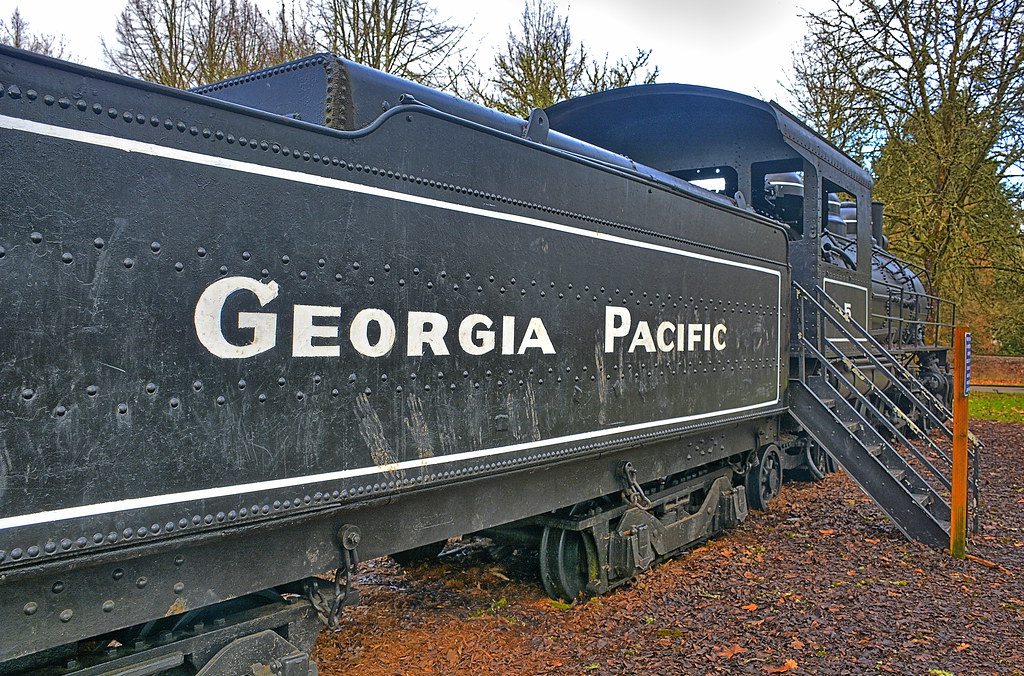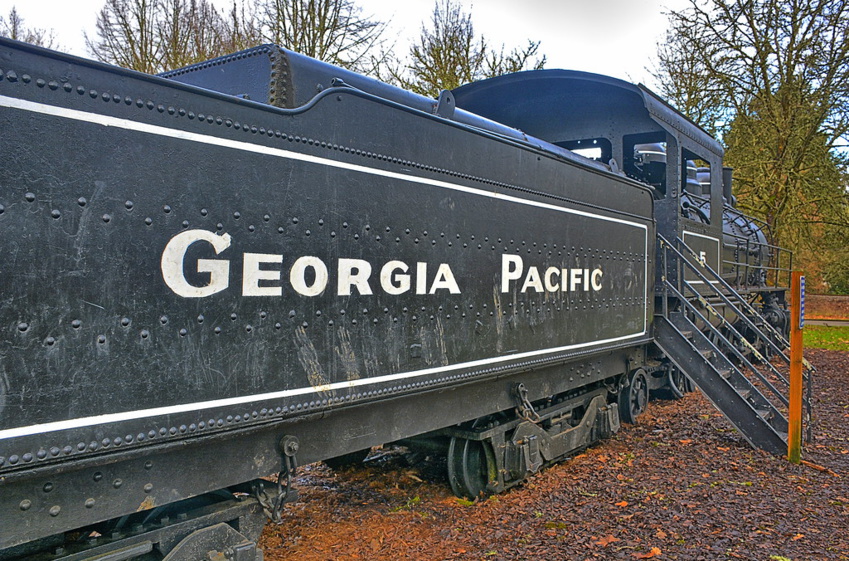Juno, an Atlanta-based Georgia-Pacific (GP) recycling technology, has been recognized by three organizations for its innovation and sustainability, as well as the impact it is having on recycling and landfill diversion.
GP created the technology to recycle highly contaminated recovered fiber and mixed materials and began testing it at its Savannah, Georgia, plant in 2013. It installed the technology at its material recovery facility (NRF) in Toledo, Oregon, which is set to open in the spring of 2021.
The Toledo MRF sterilizes waste using autoclaving, which is commonly used in hospitals.
"We use that technology to cook and sanitize the incoming waste," said Christer Henriksson, president of Juno Technology at GP, when the MRF opened in May 2021.
Following the autoclave, separation technologies separate materials into commodity streams such as paper, plastics, and metals. The recovered fiber is used to make linerboard for corrugated boxes at GP's containerboard mill in Toledo, which is located next to the MRF. Metals and plastics, for example, are sold to other consumers.
Juno was honored in the fall of last year for its contributions to sustainability and recycling innovation. The Better Practices, Better Planet 2030 Innovation in Sustainability Award was given to the technology by the American Forest and Paper Association in Washington.
The Portland Business Journal awarded the technology the 2022 Makers & Manufacturers Award, which recognizes the region's top manufacturing companies that drive the economy through innovation, excellence, and productivity. Finally, the Engineering News-Record named Juno's contractor, Greenberry Industrial LLC, the region's best Energy/Industrial project with its 2022 Best Projects Award in the Best Energy/Industrial Engineering - ENR Northwest. Juno was chosen as one of the 13 best project category winners from nearly 100 nominations.
“Juno is a revolutionary and now proven approach to waste diversion that is helping communities reach their sustainability goals,” said Henriksson.
“We are grateful for the recognition of what Juno has become—a leader in resource recovery and reuse.”
GP created the technology to recycle highly contaminated recovered fiber and mixed materials and began testing it at its Savannah, Georgia, plant in 2013. It installed the technology at its material recovery facility (NRF) in Toledo, Oregon, which is set to open in the spring of 2021.
The Toledo MRF sterilizes waste using autoclaving, which is commonly used in hospitals.
"We use that technology to cook and sanitize the incoming waste," said Christer Henriksson, president of Juno Technology at GP, when the MRF opened in May 2021.
Following the autoclave, separation technologies separate materials into commodity streams such as paper, plastics, and metals. The recovered fiber is used to make linerboard for corrugated boxes at GP's containerboard mill in Toledo, which is located next to the MRF. Metals and plastics, for example, are sold to other consumers.
Juno was honored in the fall of last year for its contributions to sustainability and recycling innovation. The Better Practices, Better Planet 2030 Innovation in Sustainability Award was given to the technology by the American Forest and Paper Association in Washington.
The Portland Business Journal awarded the technology the 2022 Makers & Manufacturers Award, which recognizes the region's top manufacturing companies that drive the economy through innovation, excellence, and productivity. Finally, the Engineering News-Record named Juno's contractor, Greenberry Industrial LLC, the region's best Energy/Industrial project with its 2022 Best Projects Award in the Best Energy/Industrial Engineering - ENR Northwest. Juno was chosen as one of the 13 best project category winners from nearly 100 nominations.
“Juno is a revolutionary and now proven approach to waste diversion that is helping communities reach their sustainability goals,” said Henriksson.
“We are grateful for the recognition of what Juno has become—a leader in resource recovery and reuse.”


 Georgia-Pacific recycling tech recognized for innovation and sustainability
Georgia-Pacific recycling tech recognized for innovation and sustainability





 Companies
Companies